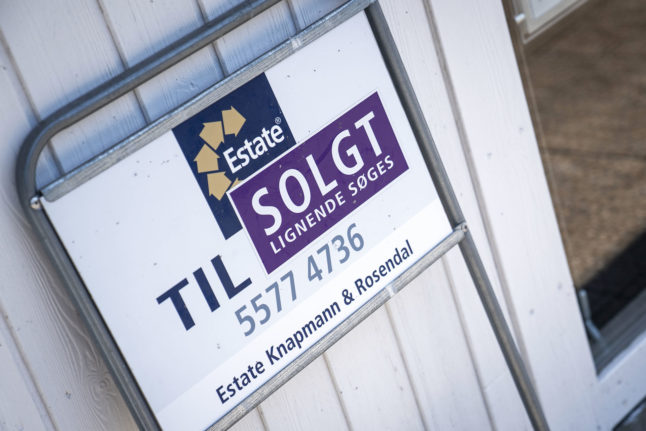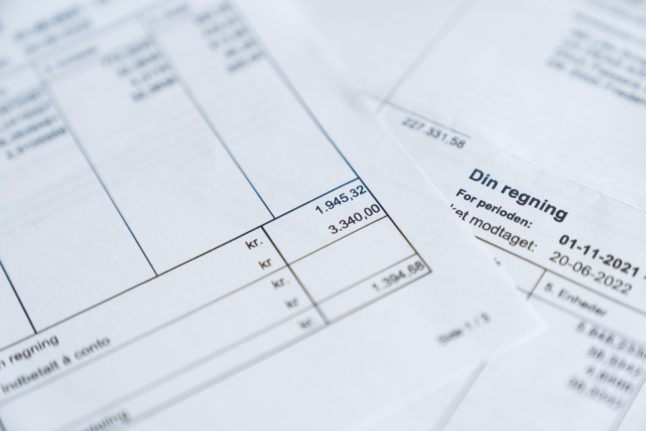The new tax rules, which will impact property value tax rates (ejendomsværdiskattesatser) and land value tax (grundskyld), were originally ratified by the previous government in a 2017 bill. In general, they mean the rates for both of the above property taxes will fall in most municipalities, according to the Danish tax ministry.
A public real estate appraisal (ejendomsvurdering) forms the basis for taxation of your property. According to the tax ministry, many homeowners will find that new appraisals issued from September 2021 are higher than preceding valuations from 2011 and 2012. That is partly due to increasing house prices in recent years.
In order to avoid much higher property taxes as a result of higher valuations in the public real estate appraisals, the 2017 political agreement secured a reduction of the two forms of property tax, effective from 2024.
Homeowners who appear to be facing higher property taxes due to the new appraisals – even though tax rates will be reduced – can be eligible for a tax subsidy. This can occur in cases where a property has seen a large increase in its valuation.
In short, the new tax rules will not result in taxes for existing homeowners in 2024 that are higher than they would have been if the current rules (still in effect in 2022 and 2023) were to remain in place.
However, the tax subsidy mentioned above does not apply to new homeowners from January 1st 2024. This is because first-time buyers will be expected to “plan their finances in accordance with the new tax rules,” the ministry states.
This could have a knock-on effect on the housing market, according to financial media Finans, which wrote in November 2021 that people buying apartments would be likely to demand reduced prices as 2024 approaches, to offset the higher taxes they are likely to pay.
READ ALSO: Danish apartment sales cool to eight-year low
An analysis by Finans and Nykredit showed that apartment prices in major cities, particularly in and around Copenhagen as well as in Aarhus and Odense, will typically have to fall by around 5-10 percent for total costs for now buyers – mortgage plus tax – to be unchanged compared to the outgoing rules.
The new rules and subsequent increased taxes will hit first-time (in 2024) buyers of apartments hardest, according to Finans. That is because many buyers will not be able to afford the same mortgage they previously could, due to the higher property taxes.
One reason apartments are more likely to get tax increases under the new rules is that the valuation appraisal system left them subject to lower property tax relative to houses.
“Apartments have been too lightly taxed for many years because the land under them is massively undervalued compared to appraisals of detached house land,” Mira Lie Nielsen, housing economist at Nykredit, one of Denmark’s major banks and the country’s largest mortgage lender, told Finans last November.
People buying apartments before 2024 could also push prices down knowing they risk making a loss if they sell shortly after the tax reform takes effect.
From 2024 onwards, the two property taxes – ejendomsværdiskattesatser and grundskyld – will be pegged to appraisals of the property and land value such that if these fall in valuation, so will the property tax.
If the valuation of the property, and thereby the property tax, increases after 2024, homeowners can fix the rate of (indefryse) their taxes by postponing payment of a part of the property tax. The frozen tax payment becomes due (and is calculated) when the property is sold. Alternatively, the increased taxes can be paid in instalments.



 Please whitelist us to continue reading.
Please whitelist us to continue reading.
Member comments